Overview
The 2017-2018 academic year marked Project Zero’s historic 50th anniversary at the Harvard Graduate School of Education. For its first five decades, PZ led dozens of research projects that have influenced the field of education around the globe. This webpage and its tabs give readers an opportunity:
- To better understand the nine research areas in the field of education to which PZ has most deeply contributed,
- To review a brief summary of PZ's history, and
- To learn about the ways PZ celebrated its 50th through special events, fundraising efforts and new approaches to outreach and professional learning.
PZ’s initial research focused on investigating cognitive processing in the arts. This work led researchers to broader aspects of human potential including learning, critical thinking, creativity, and intelligence. In recent decades, PZ research built on these rich traditions by exploring further fundamental questions of human potential as they relate to contemporary issues facing an array of educational settings—schools, families, museums, and businesses. Below are nine graphics representing each of the areas of research. Clicking on each graphic will bring readers to a page with downloadable packets and posters focused on the respective topic. Each topic page includes key PZ perspectives on the topic, notable PZ projects, some core frameworks, and important PZ publications. We invite you to explore and share these with your colleagues.

Launching the 50th Celebration -- “Changes in Mind: Five Decades of Insights into Intelligence, Thinking and Learning” On Friday evening, October 13, 2017, Project Zero launched its 50th year with an event was held at the Harvard Graduate School of Education and celebrated the past, present and future of Project Zero. This particular Friday evening was during GSE’s HUBweek, and PZ produced a public Askwith Forum event. This public event kicked off the year of celebration by offering an overview of discoveries gleaned from a half-century of iconoclastic investigations into changing conceptions of the mind and the implications of these changes for today’s teachers, schools, and society. Speakers included Drew Gilpin Faust, Harvard President; James E. Ryan, Dean, Harvard Graduate School of Education; Project Zero co-founders, Howard Gardner and David Perkins; Project Zero past directors, Steve Seidel and Shari Tishman; and Daniel Wilson, the current Project Zero director. More than 240 guests joined a special Project Zero event in the Knafel Center at Radcliffe and 580 were in Askwith or the overflow rooms. In addition, the virtual livestream that evening engaged 5,600 via Facebook and 1,700 on YouTube, with more than 2,300 viewers watching the recording after that night. The forum's success was a strong sign of interest in PZ’s research and its role in supporting human potentials in all learners. The archived video is here. If you wish to watch this archived video of the talks we encourage you to form "Watching Parties” with other educators, students, administrators, parents, or stakeholders in your community. See the tool kit below. Watching as a group offers an opportunity to learn key insights from 50 years of PZ’s work and the implications for schools today and in the future.
“Changes in Mind: Five Decades of Insights into Intelligence, Thinking and Learning” Watching Party Toolkit: To assist hosting a Watching Party, we have created a set of tools you might consider using to facilitate your conversations and push your thinking. Click the zip file to the right to review them and select which one might be best for the conversation you wish to have. We hope the footage from this special event offers you an opportunity to invite others in your community to support the educational changes you have in mind. Click here to download.
Convening PZ Researchers, Collaborators and Funders to Celebrate 50: On October 14, 2017, a second day of events was convened with more than 200 collaborators, funders, and researchers around Project Zero’s nine areas of research to consider the center’s past and present, and to wonder about the future. As part of the gathering, PZ commissioned a team of local graphic facilitators, designers, and artists to capture these nine areas of knowledge and research along with a timeline, creating floor-to-ceiling visually accessible installations. These works are mounted on the walls of PZ offices in Longfellow Hall, showcasing the 50 years of learning and research. In addition, they are featured in downloadable booklets for each research area and in posters for those who want to have a piece of the installation in their own space. You can find download links within each topic under the Areas of Research tab above.
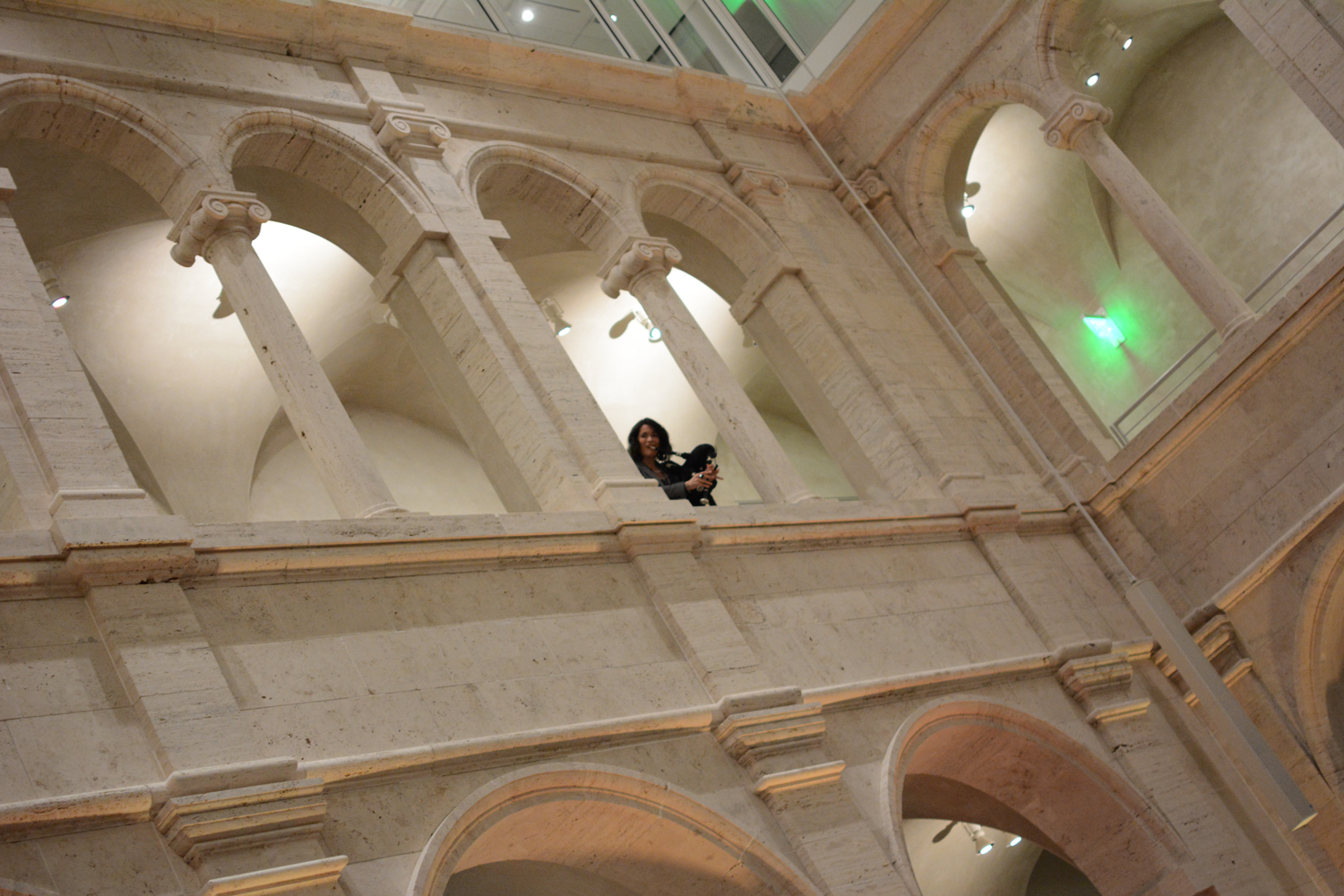
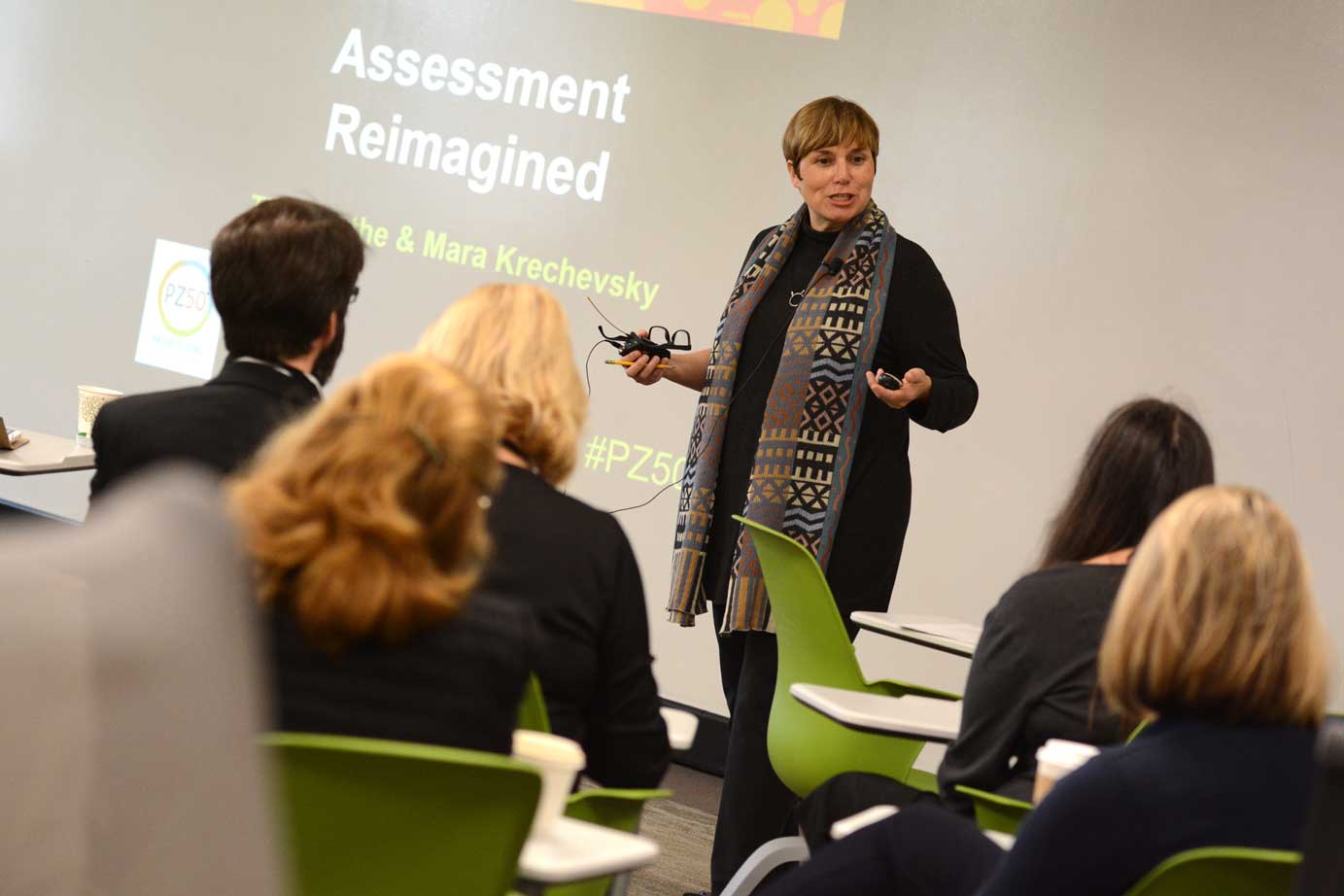
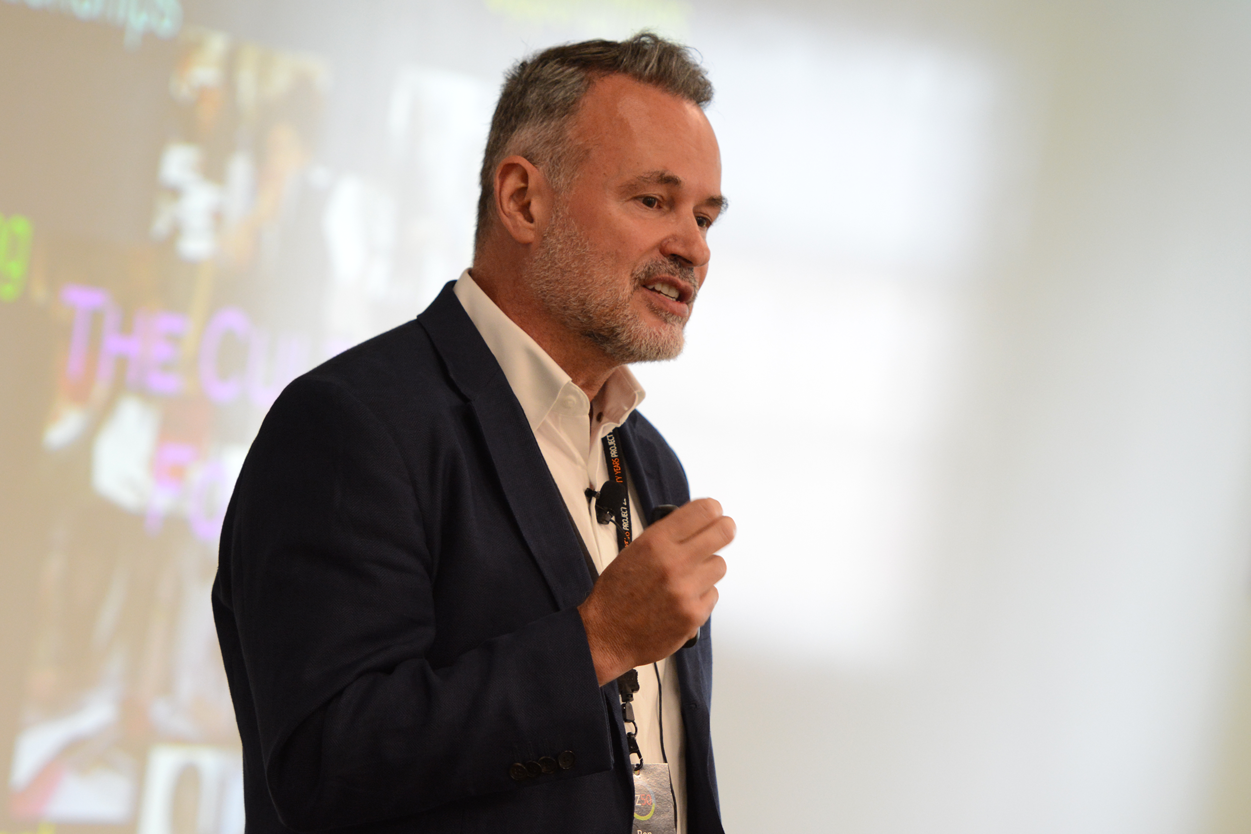
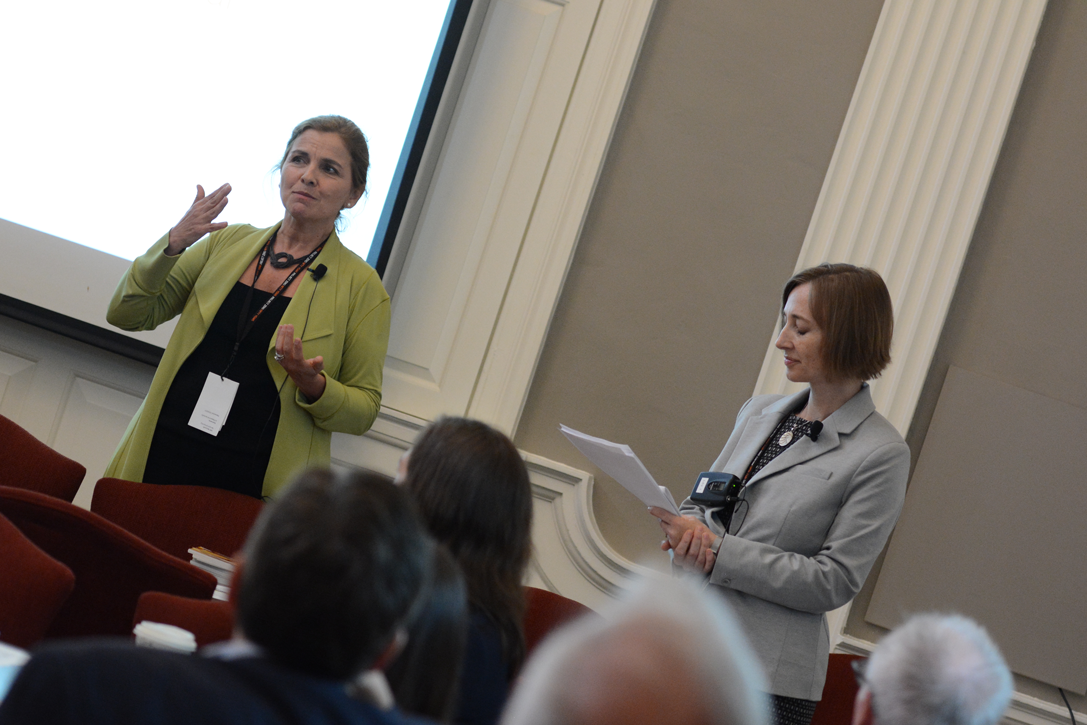
50th Fundraising to Strengthen PZ Ideas in Under-Resourced Settings: During the 50th year, PZ launched its first ever public fundraising effort to support teachers to attend PZ professional learning opportunities. The campaign sought to raise $500,000 to improve PZ reach to, and support of, hundreds of educators in the United States and globally who are working with learners in historically marginalized and/or under-resourced settings and contexts. For too long, PZ’s in-person and online learning experiences have not been accessible to educators operating in economically disadvantaged settings. Over the course of the year, PZ raised $1,013,000 through generous individual donations and one large gift from the Saul Zaentz Foundation. Since 2019, scholarships to attend PZ workshops, institutes, and online courses have been broadly available.
- To learn more about what scholarships are available for PZ current offerings, please click here.
Engaging 50th Momentum to Connect PZ Locally and Regionally: PZ hosted six Boston-area outreach events that engaged 640 educators in PZ research topics such as global competencies, visible thinking, civic agency, complex thinking, and maker-centered learning. Five of these events were professional development workshops in collaboration with museums including the Museum of Fine Arts, the Isabella Stewart Gardner Museum, the Boston Children’s Museum, and the Peabody Essex Museum. Over 50% of participants in these workshops were from local public schools and almost 25% of participants received scholarship support mentioned above.
- Please help Project Zero reach educators who have previously been unable to access learning opportunities to incorporate the frameworks and ideas in their classrooms. Support Project Zero's Scholarship Fund here.





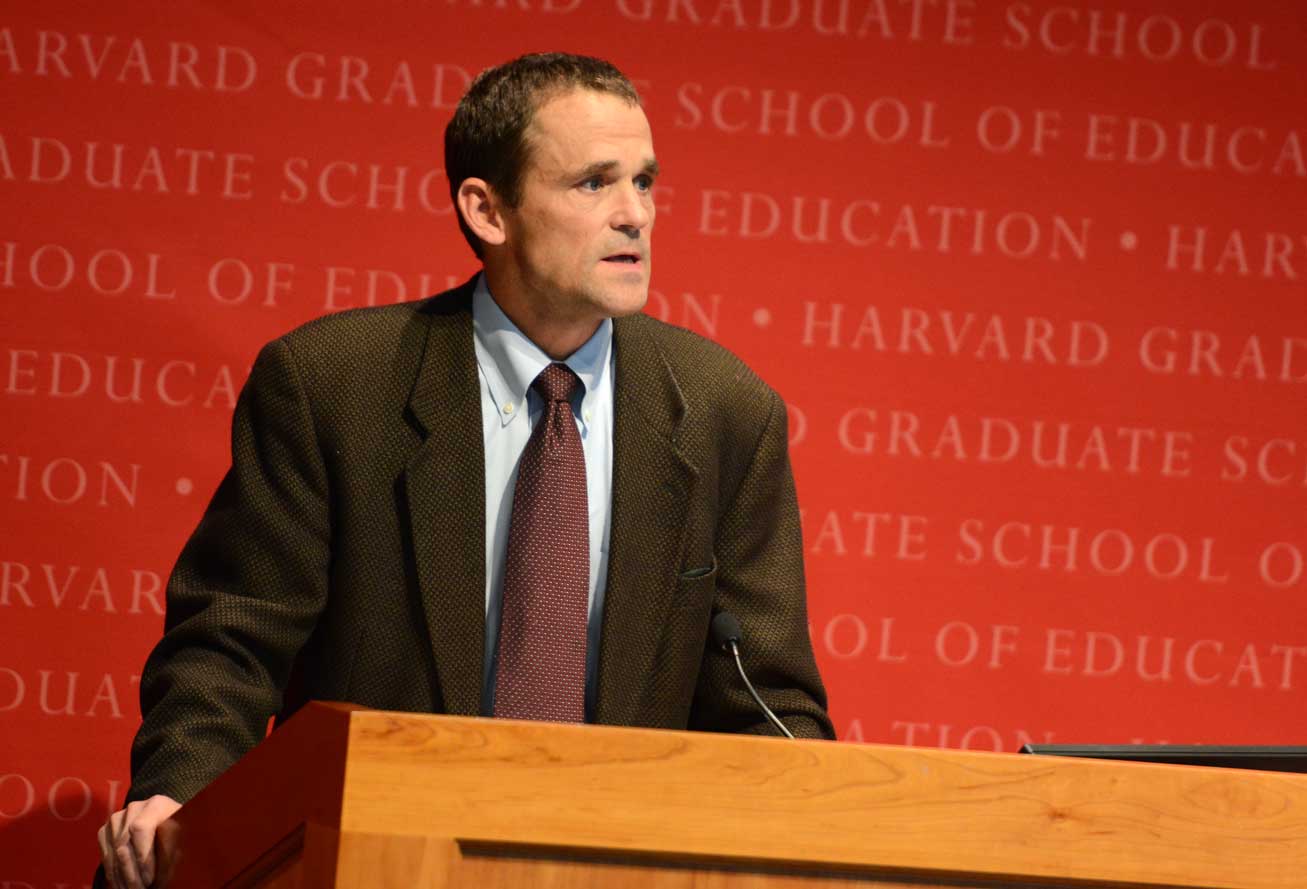
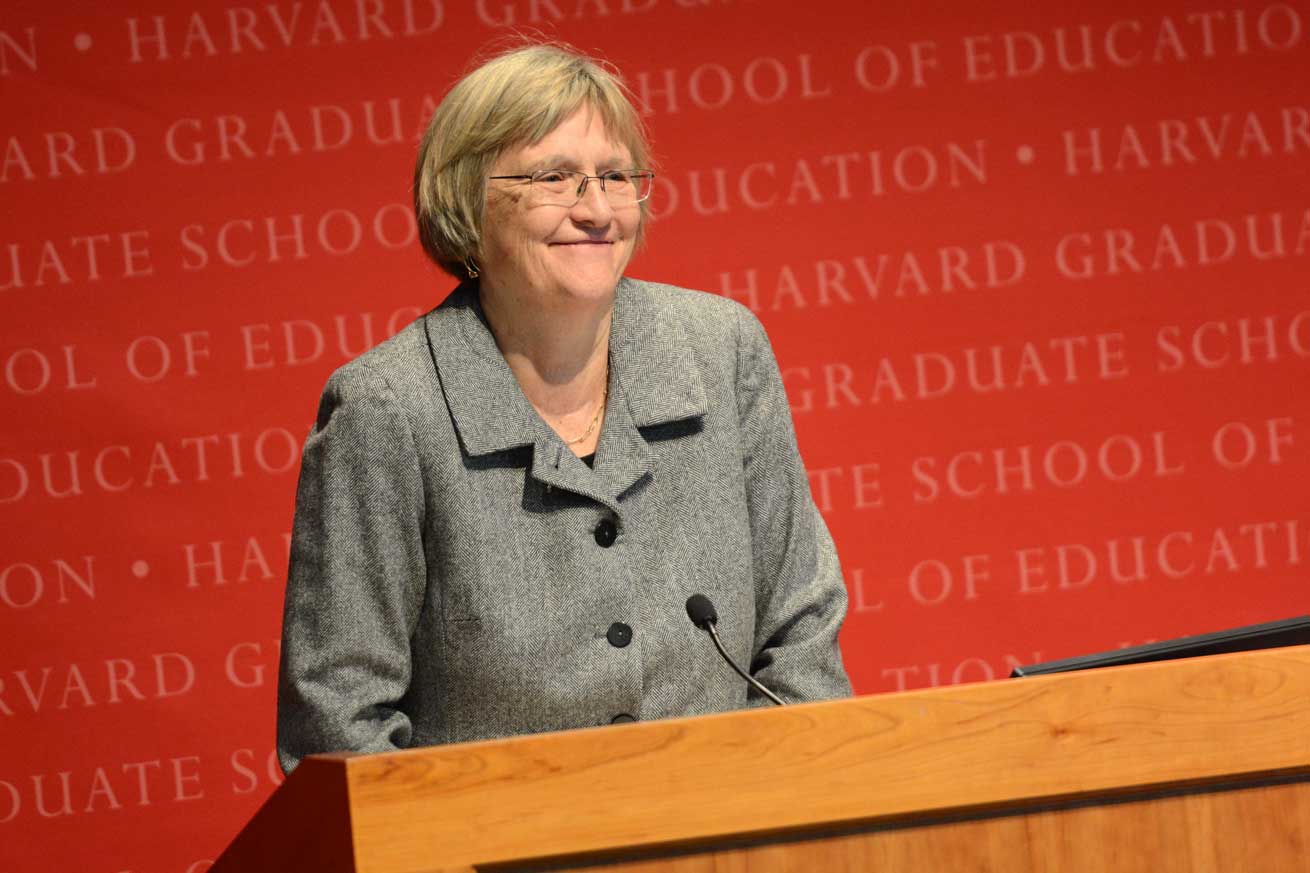
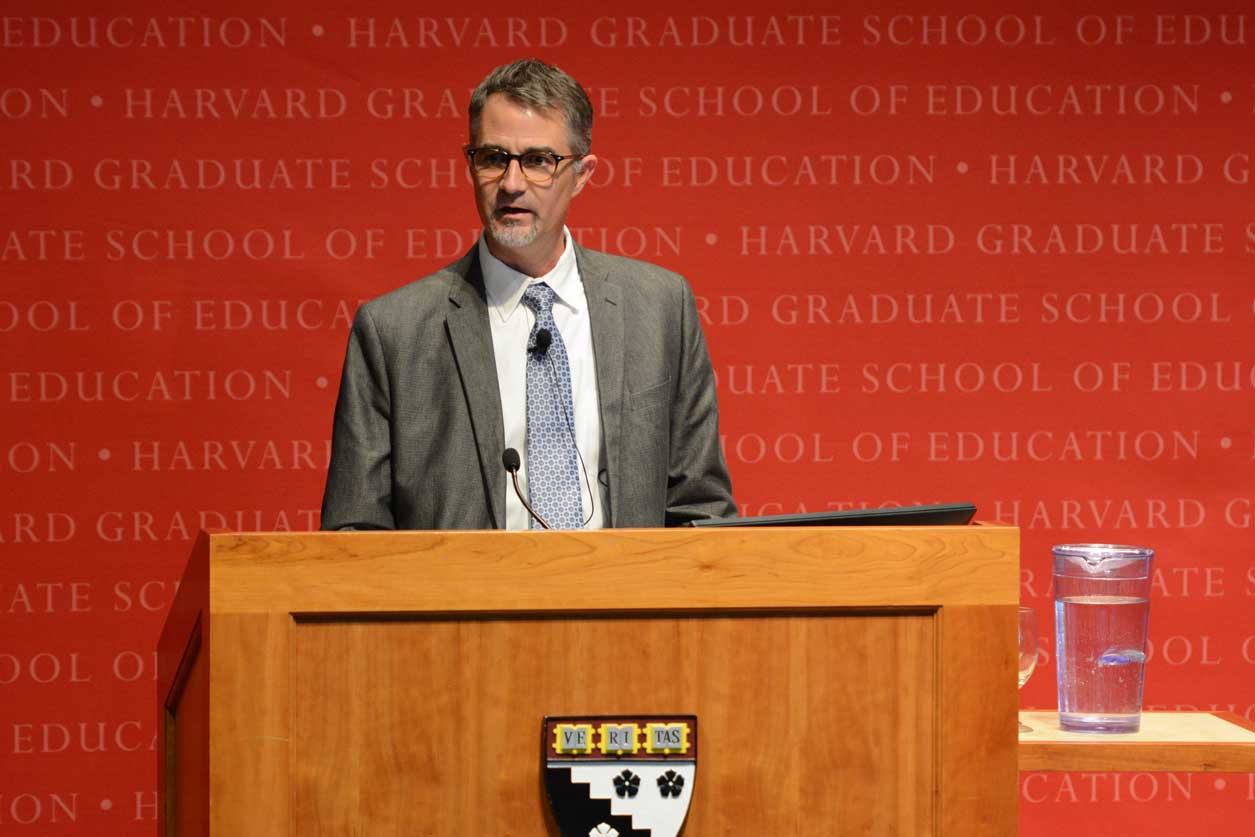
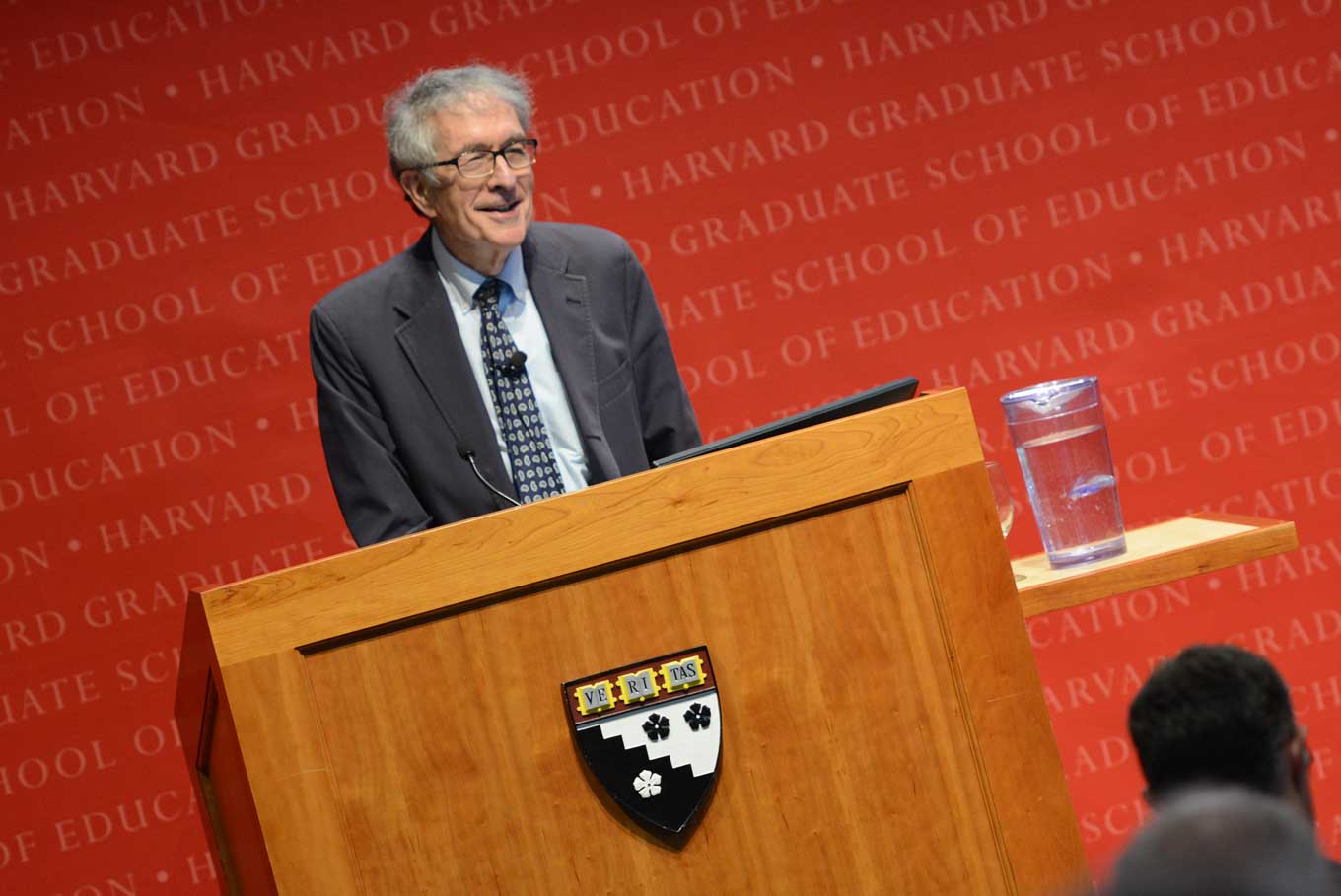
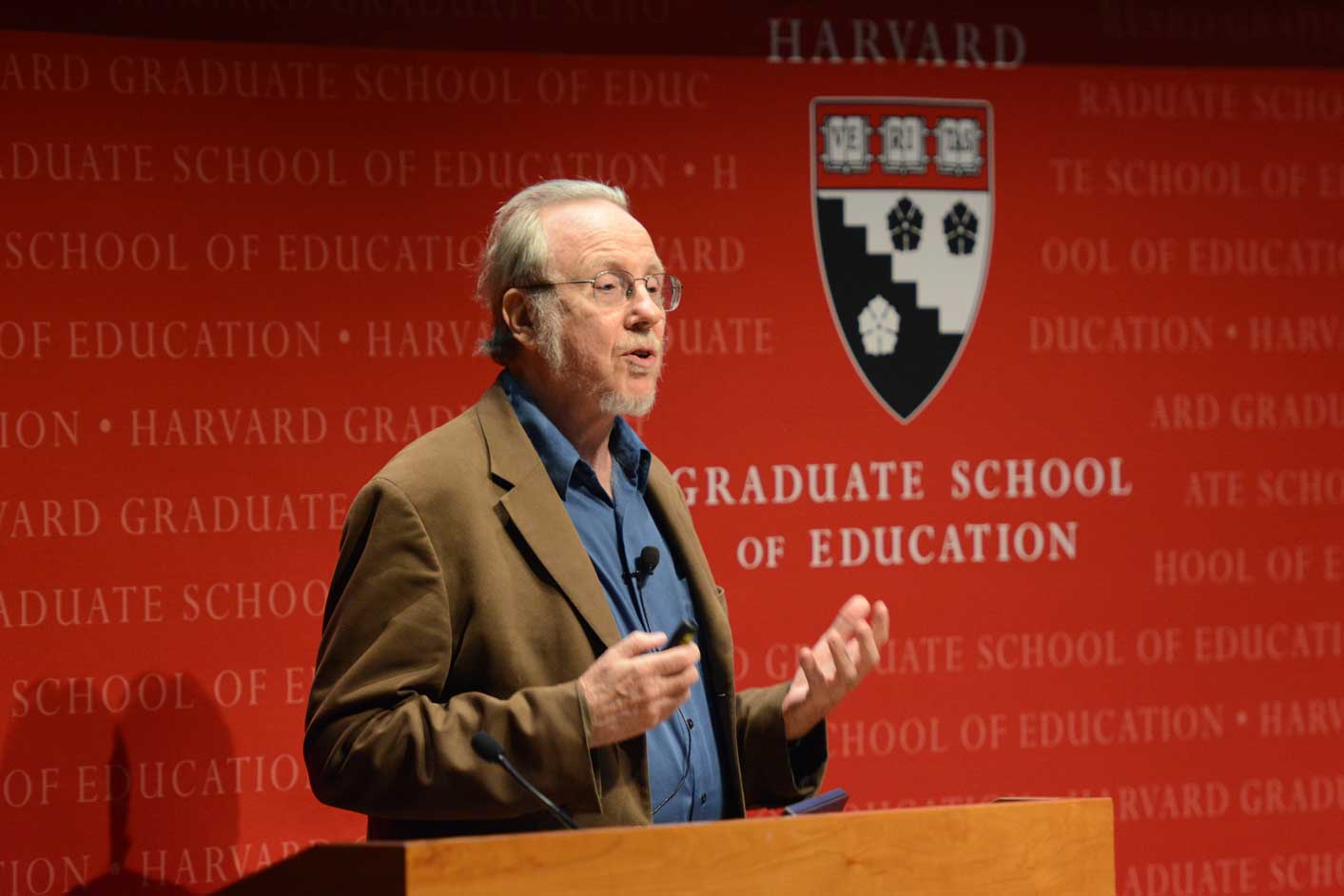
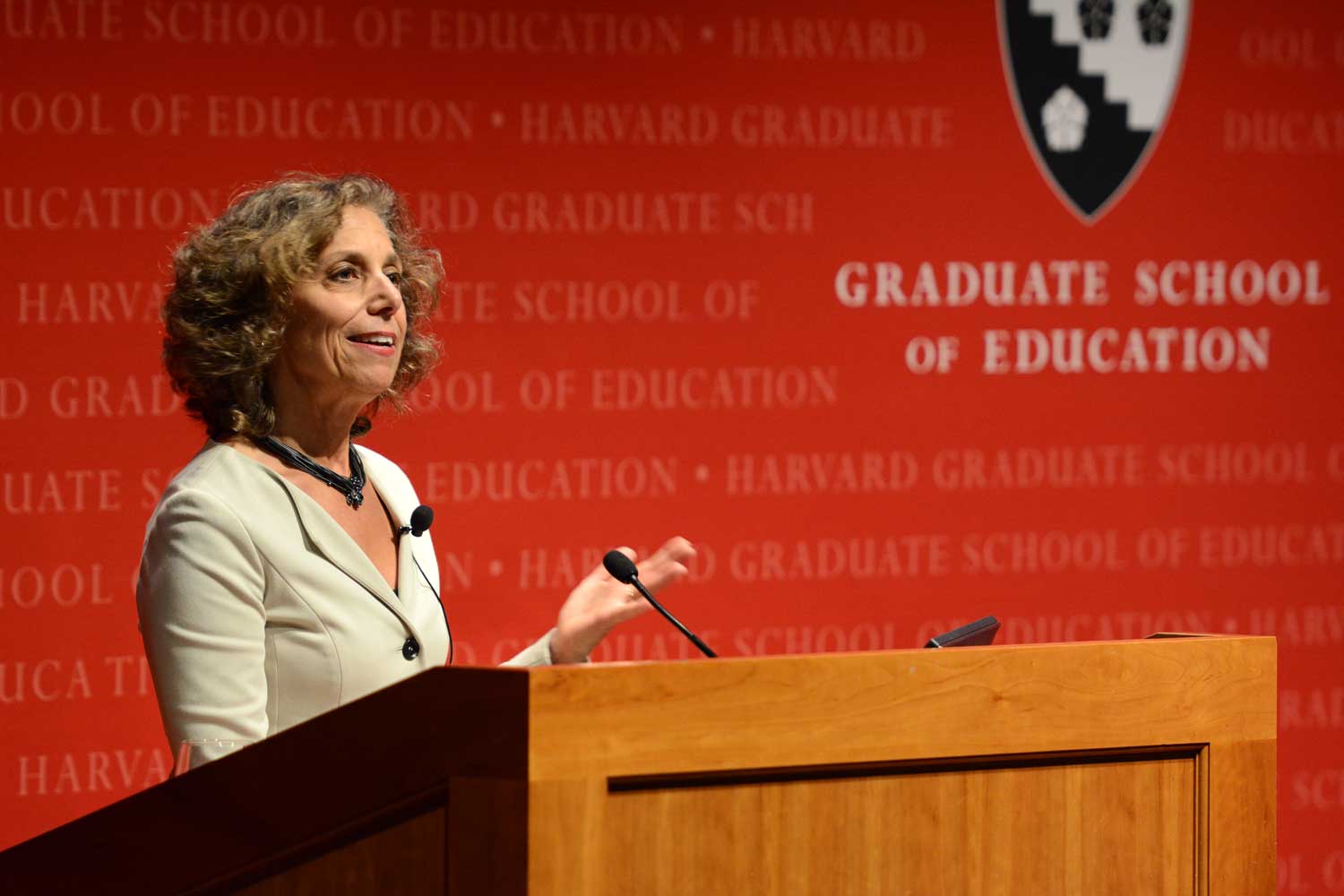
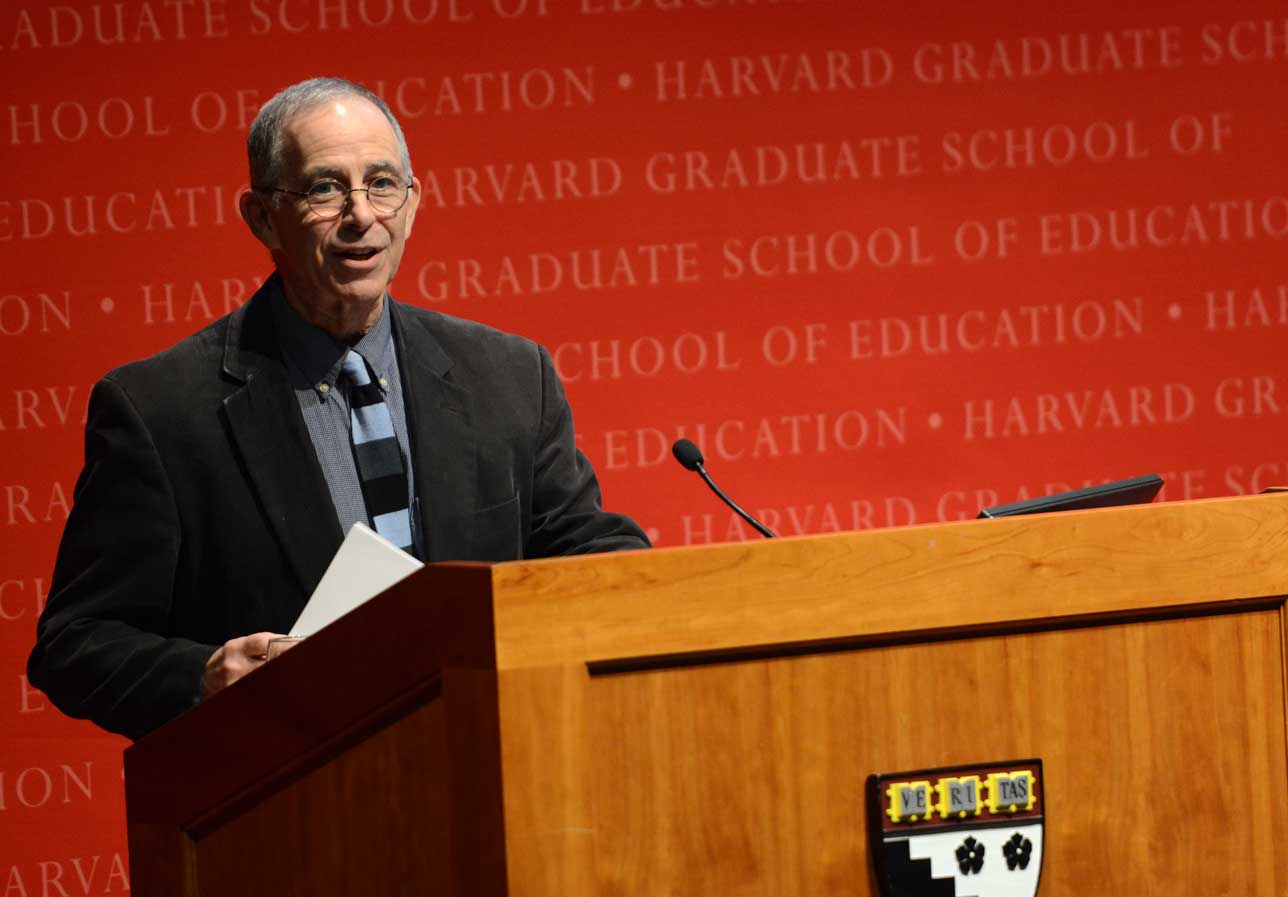
-
-
-
-
-
-
Support PZ's Reach